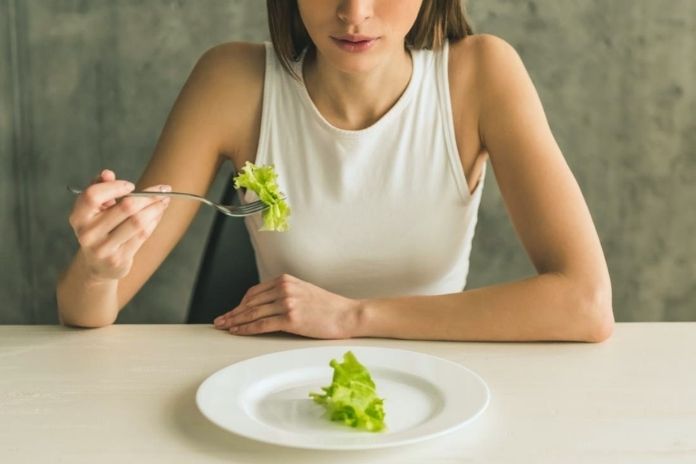It’s not just cars and motorcycles that need fuel to function; we also need to provide energy for our bodies to work correctly.
Our body needs nutrients and energy to keep us firm in all its daily tasks.
This energy and nutrients are provided through our food. However, they do not reach the body with quality through any diet – our meals must be healthy and nutritious.
If, on the one hand, there are those people who eat too much, but with foods that are nutritionally poor and rich in calories and sugar, failing to provide the body with the necessary nutrients, on the other hand, there are those who eat little and cannot give the amount of energy and nutrients that the body needs to function correctly.
So, Eating Little Is Terrible?
Before we explain why eating too little is wrong, we must understand what eating too little means. This could be described as not consuming a sufficient amount of food, nutrients, or calories to satisfy the body’s needs.
A diet with a significant decrease in calories can be an example of eating little.
Bachelor of Nursing Rachel Nall pointed out that the Merck Manual Home Edition (an English-language manual of medicine) defines insufficient food intake as eating less than 1,000 calories daily.
Why Is Eating A Little Bad?
Consuming less than 1200 calories daily, for example, can cause problems such as weakness, cold intolerance, fatigue, menstrual irregularities, constipation, and swelling of the hands and feet, as reported in the book Nutrition, Exercise, and Behavior: An Integrated Approach to Weight Management.
In a published article, nutritionist Erin Coleman pointed out that the Weight-Control Information Network of the National Institute of Diabetes and Digestive and Kidney Diseases in the United States highlights that following a very low-calorie diet also can cause nausea.
“Malnutrition, dizziness, headache, and hair loss are other potential negative side effects of consuming too few calories,” added Coleman, nutritionist.
Also, losing weight too fast on a calorie-restricted diet can trigger gallstones. Problems such as gout, disorders associated with malnutrition, electrolyte imbalance, osteoporosis, and even sudden death (in extreme cases) can occur due to a low-calorie diet.
Eating too little is also harmful because it forces the body to burn muscle instead of fat, slowing down the metabolic rate and making it difficult to lose weight.
As if that were not enough, we draw attention to the fact that a person is not likely to remain on a low-calorie diet for a long time. Also, she will undoubtedly regain the lost weight by returning to her eating habits.
Eating Less Is More Harmful Over Time
“While not consuming enough calories in one day can make your stomach hurt, not consuming enough over days or months can have harmful effects on your body. Your body requires certain nutrients to stay healthy and keep your muscles working and your bones strong.”
The Bachelor of Nursing also warned that, without sufficient nutrients, the body’s processes could start to be affected and even stop if the person does not consume enough for an extended period.
“By consuming very few calories without energy stores, you may experience side effects like feeling lethargic. Your body can’t save energy from its daily functions – like keeping your heart beating – to provide energy for movements like exercise.”
But What If I Want To Eat Little To Encourage Weight Loss?
You should only reduce the amount of food you consume to lose weight, especially if this happens drastically when the doctor authorizes and monitors your entire process.
So, if you find yourself overweight or have a desire to be thinner, consult your doctor and nutritionist to find a healthy way to do this.
Is it possible for professionals to recommend a reduction in calories? It is, but they will undoubtedly indicate this for specific cases when it is essential and in a way that your body does not suffer severe consequences.
ALSO READ: WHAT HABITS PREVENT HEALTHY WEIGHT LOSS?

